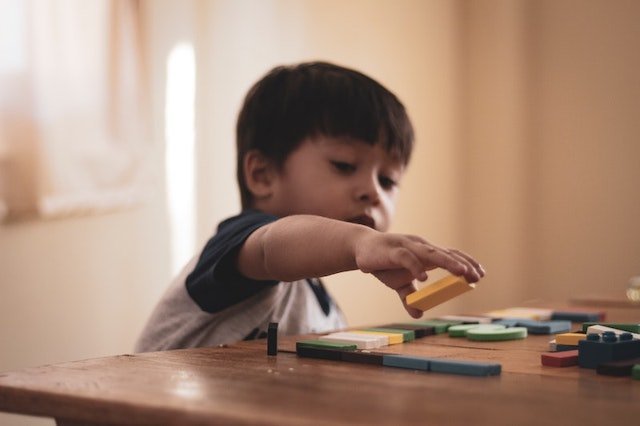
In a new study, researchers found that interventions that parents and caregivers can offer in natural settings—such as during dinner while playing in the park, or in the classroom—show the greatest promise for children with autism.
The interventions are particularly effective for supporting language, social communication, and play development.
The research was conducted by a team at the University of Texas at Austin.
In the study, the team did a meta-analysis of 130 reviewed studies of non-pharmacological interventions designed for young children with autism.
The analysis focused on whether interventions are more or less effective depending on different characteristics of the participants and the intervention.
They found naturalistic developmental behavior interventions (NDBIs) have garnered more high-quality evidence supporting their use than some traditional approaches for aiding young children with autism.
NDBIs are early intervention techniques that clinicians, educators, and other caregivers implement in natural settings, as opposed to more highly structured and formalized interventions.
The interventions use a variety of behavioral strategies to teach developmentally appropriate skills to young children with autism.
For example, an NDBI strategy for teaching a child to say the word “ball” might include playing naturally with a ball in the park and modeling the word many times.
Developers created them in such a way they can easily integrate into routine activities throughout the day to have maximum impact for the children.
Although NBDIs are not new, categorizing them as a specific type of intervention is, Sandbank says.
In 2015, the developers wrote a consensus statement declaring that they were similar approaches guided by a shared philosophy.
The team also found similarly strong evidence that developmental interventions are effective for supporting social communication development in children with autism.
The lead author of the study is Micheal Sandbank, an assistant professor in the College of Education Special Education.
The study is published in Psychological Bulletin.
Copyright © 2019 Knowridge Science Report. All rights reserved.



